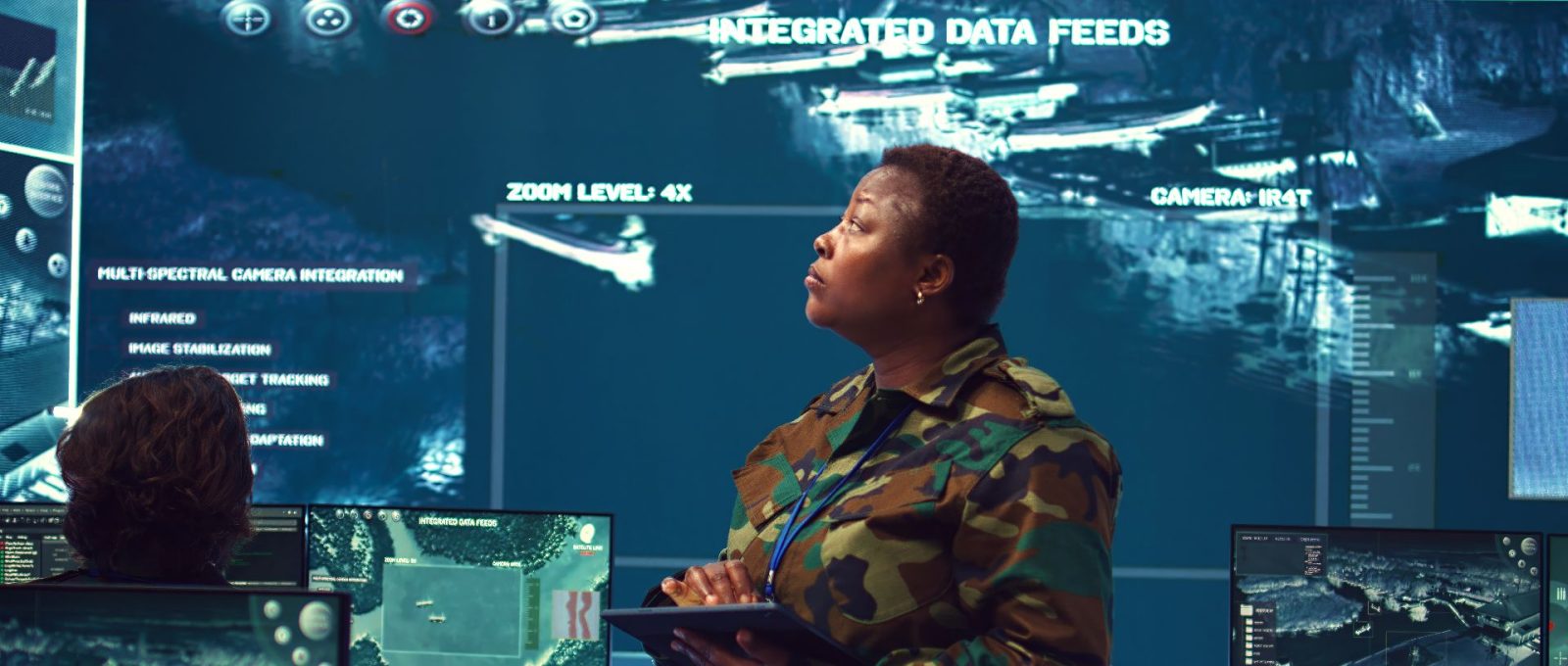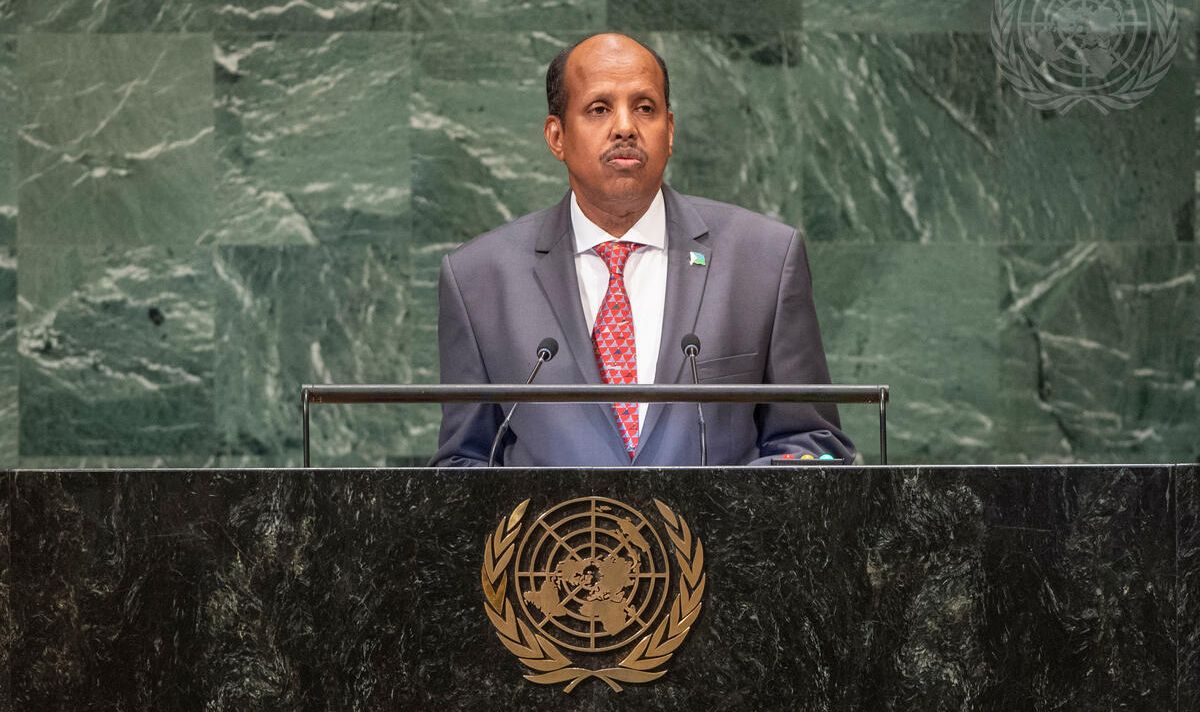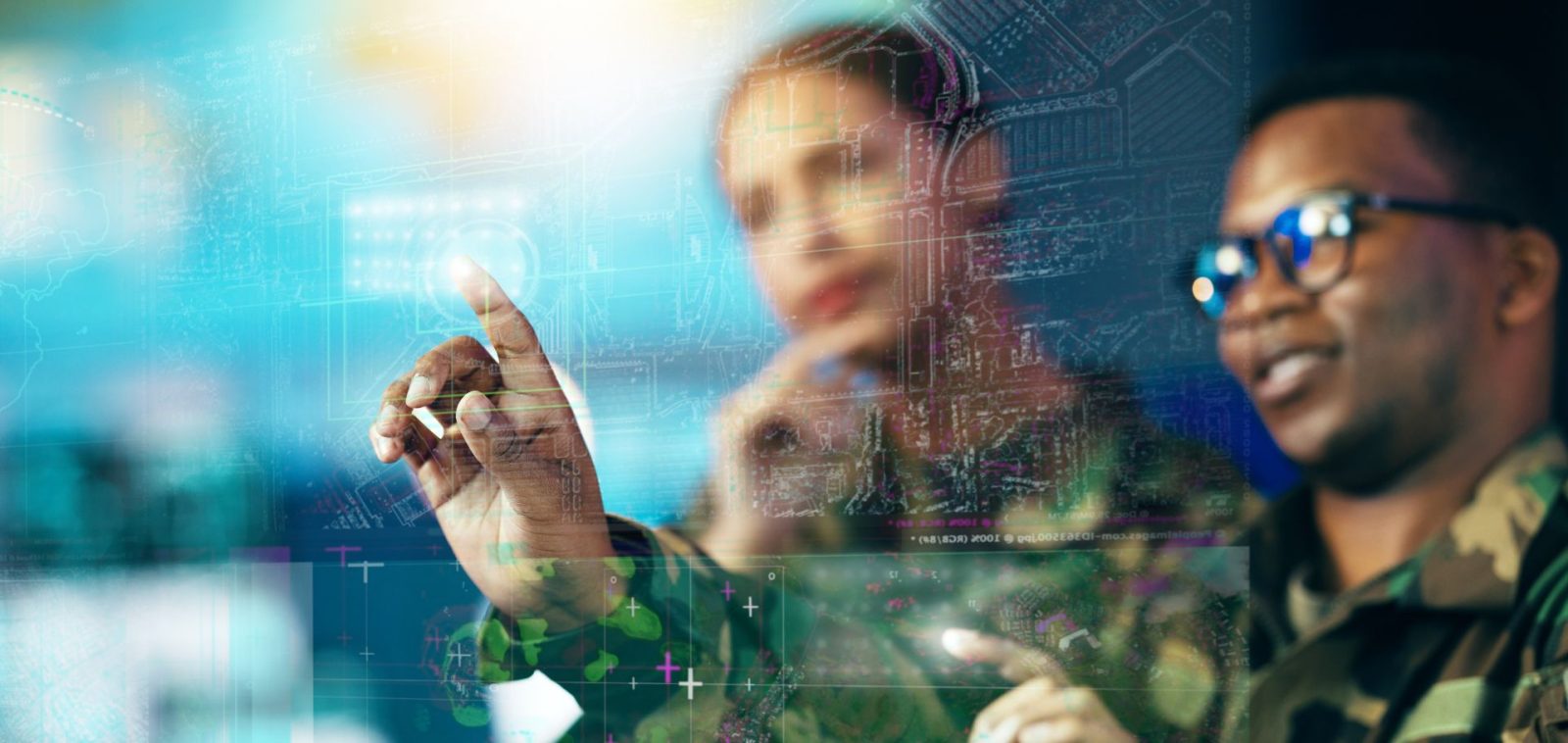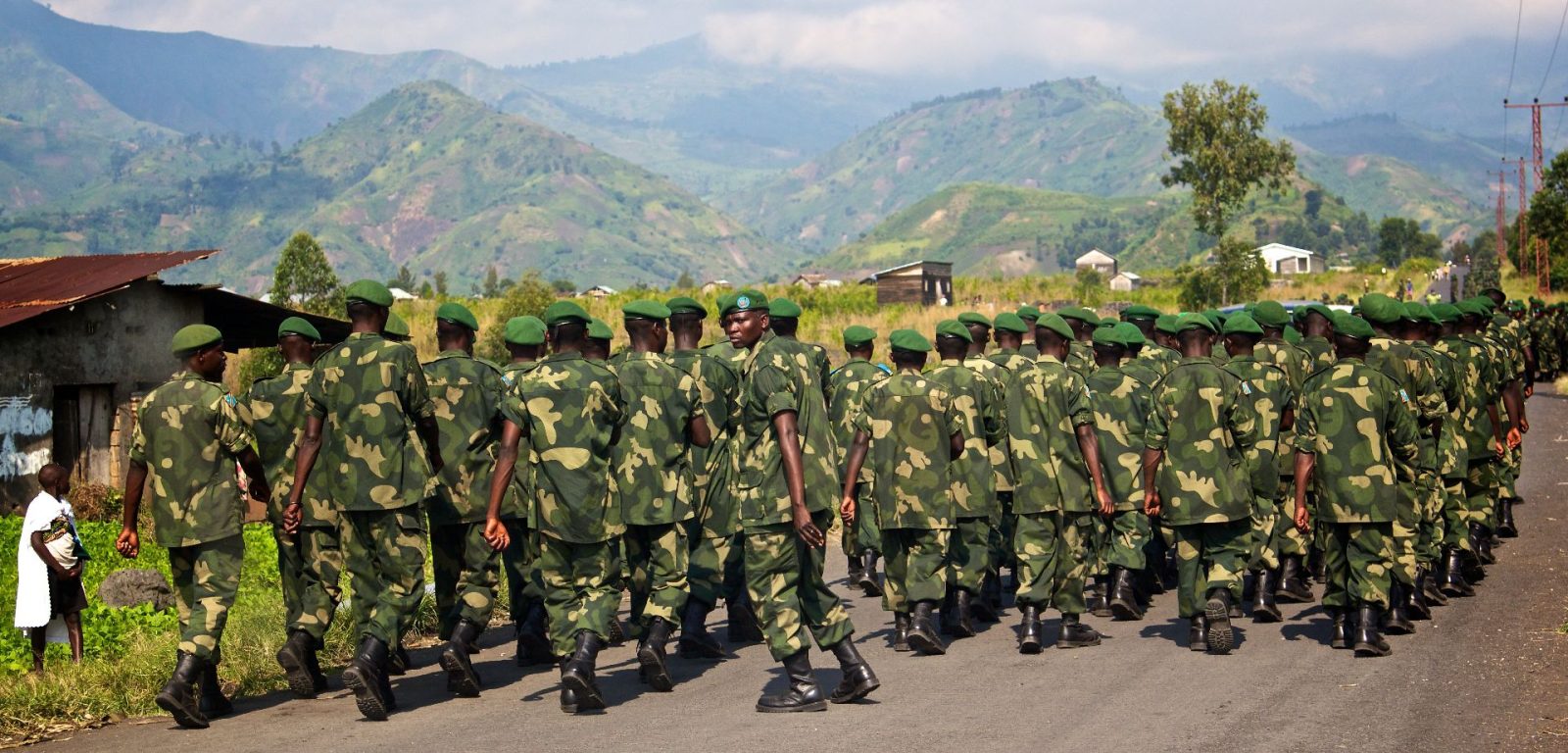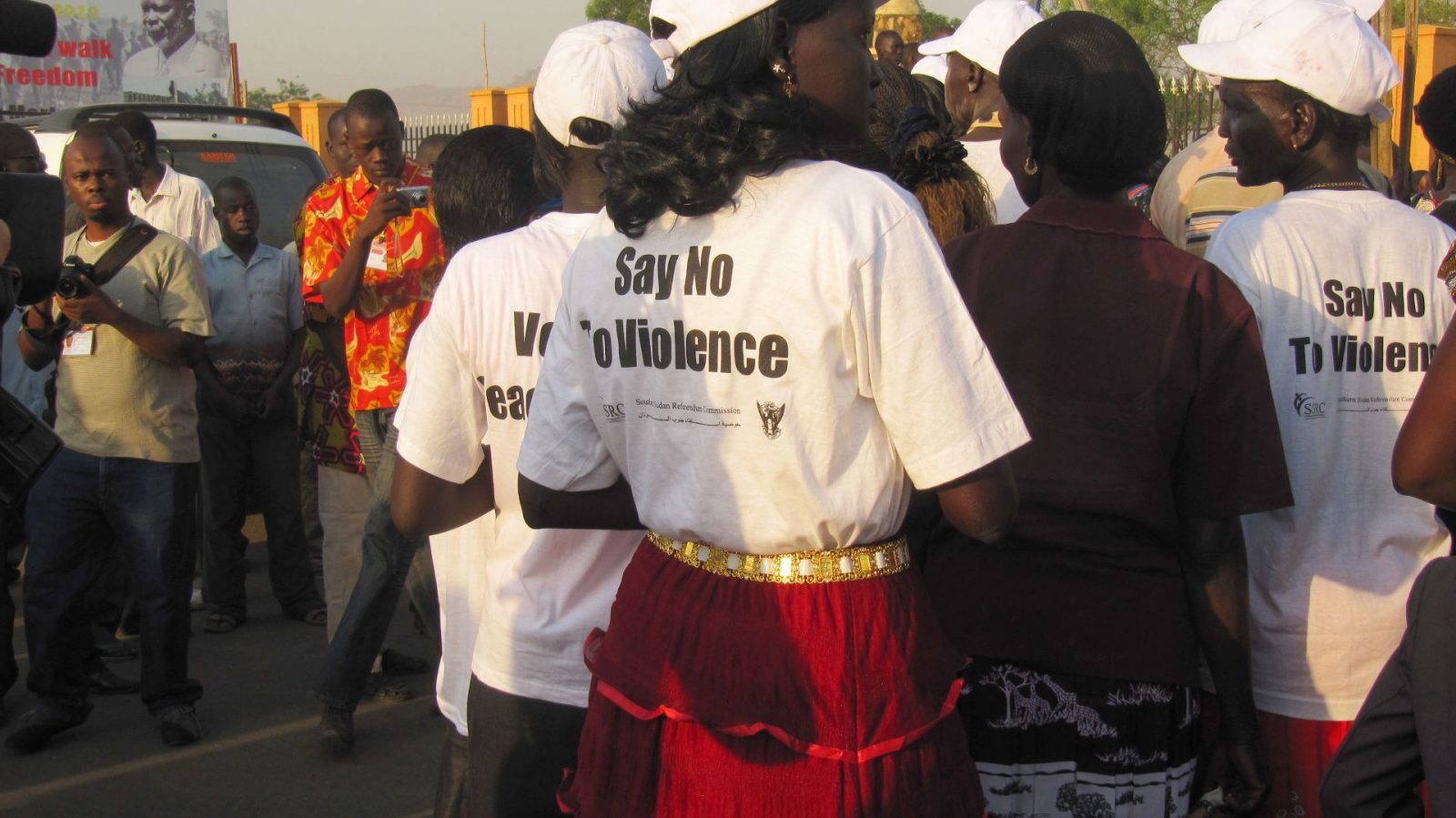In the March edition of the Conflict and Resilience Monitor we begin with an article from Hubert Kinkoh who writes about the recently concluded 38th Summit of the African Union (AU), where elections were held to choose a number of new commissioners, as well as a new Chairperson of the Commission. The article looks at the challenges that the new leadership will face and the need to navigate the AU and Africa’s position in the current global order. This is followed by an article from Jean Yves Ndzana Ndzana, who has written an article about the role of artificial intelligence (AI) in conflict prevention and management. The article looks at the potential positive impact that AI might have on the early warning, conflict prevention and peacekeeping, as well as some of the harmful effects that AI might have in Africa.
Gwinyayi Albert Dzinesa and Alexander Madanha Rusero’s article is about adaptive Disarmament, Demobilisation, Rehabilitation, Reintegration, and Repatriation (DDRRR) in the context of the current conflict in the eastern Democratic Republic of the Congo (DRC). A whole-of-society approach to DDRRR that also includes dialogue and transitional justice could help address the grievances of the many armed groups in the region. Finally, Abraham Ename Minko writes about the importance of humanitarian diplomacy in Africa. The article discusses the need balance global humanitarian efforts with the needs of locals on the ground in order for the interventions to be successful.

